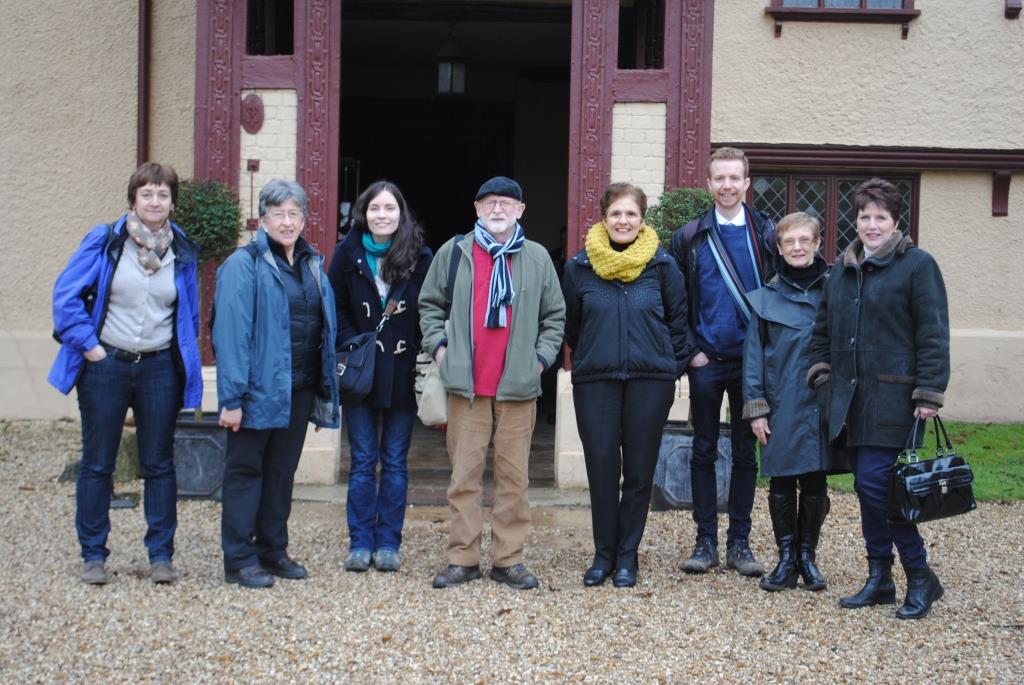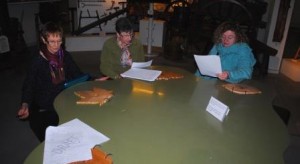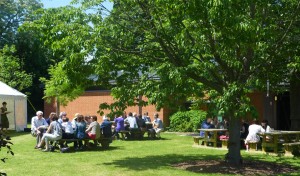Written by Rob Davies, Volunteer Coordinator
As part of the Our Country Lives project we are launching a series of projects to encourage young people (aged 11-25) to volunteer and engage with MERL. The age range is vast, with a wide variety of skills, abilities and interests within this target audience. You may ask: why are we targeting this group in particular? Well, through extensive research we have identified that our only visitors within that age category are usually those who come to study, students who volunteer or visit as part of a school trip. We can certainly continue to provide this educational resource, but we want to broaden our horizons and become more of a destination, not just offering a studious environment but also a place to go for extracurricular activities and leisure.
To prepare ourselves for this I have been researching young people within the museum sector and have come across a rich range of resources, related experiences and friendly colleagues who want to share stories and tips. In October I attended a seminar at the National Portrait Gallery called ‘The Domino Effect’, which heralded the conclusion of a three year project where they have been working with NEETS on photography projects. I have also been talking to colleagues at the ‘Collaborate SE: the South East regional Network of Museums working with young people.’
A series of projects and strategies have been planned, but not too in-depth as we want these projects to be formed by the young people themselves. (We were all young once, but does that mean any of us really know what young people want anymore?) Our plan is to have two forums split by age category. Each one will be supported by a member of staff and will function democratically. Last year we piloted this idea with a student panel who organised our 1951 Vintage Night for Museums at Night, which was a very enjoyable experience and a great success. Members of the forums will have numerous projects they can participate in: from consultation regarding our new galleries to planning events for their peers to attend. For young people who don’t fancy the idea of joining a forum we’re also setting up a youth volunteering programme, which will work around school hours and provide a chance to volunteer across the organisation.
To launch these exciting new projects we’re holding an open afternoon on Takeover Day, Friday 21st November, 4-6pm, at the Museum of English Rural Life. This will be a great opportunity for anyone interested to come along and talk to volunteers and members of staff about the type of opportunities they could get involved in. We hope to see you there! For more information, email merlevents@reading.ac.uk










